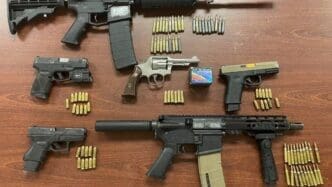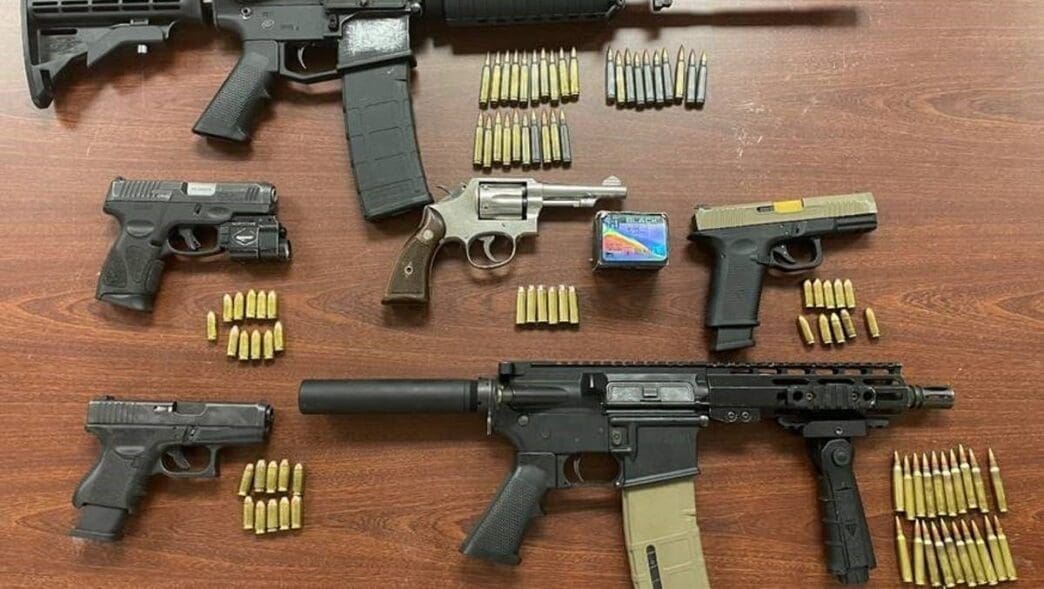Luigi Nicholas Mangione, 26, was apprehended in Pennsylvania following the fatal shooting of UnitedHealthcare CEO Brian Thompson in New York City. At the time of his arrest, Mangione was in possession of a 3D-printed handgun along with a silencer.
The arrest of Mangione at a McDonald’s in Pennsylvania has drawn significant attention, primarily due to the weapon found in his possession. Authorities report that the handgun, suspected to be a ‘ghost gun,’ may have been produced using a 3D printer. These firearms, known for lacking serial numbers, pose considerable challenges to law enforcement in terms of traceability.
Ghost guns, or privately made firearms (PMFs), have become a topic of concern. These weapons are either assembled from kits available online or created using 3D printers. The Bureau of Alcohol, Tobacco, Firearms and Explosives (ATF) states that PMFs are legal when made for personal use, provided they are detectable through metal detectors. However, their untraceable nature makes them attractive to individuals prohibited from owning traditional firearms.
Between 2016 and 2021, around 45,240 privately made firearms were recovered by law enforcement in the U.S., with hundreds linked to homicide cases. The federal law requires commercial manufacturers to assign serial numbers to firearm parts that can be assembled into fully functional weapons. Additionally, buyers of such kits must undergo background checks.
Legal discussions around ghost guns have intensified. While not all privately made firearms are illegal, new regulations require certain components to carry serial numbers, a change opposed by some gun rights advocates. High-profile cases, such as Mangione’s, contribute to the ongoing debate over these regulations.
In Florida, attempts to regulate PMFs through legislation have repeatedly failed. Efforts by lawmakers to require serial numbers on unfinished gun frames have not progressed, highlighting the contentious nature of gun control measures in the state. Despite the push from some politicians, ghost guns remain unregulated in Florida.
The potential for creating a wide array of firearms using kits or 3D printing is significant. From pistols to machine guns, the variety of weapons that can be produced underscores the breadth of this issue. The ATF’s classification includes pistols, rifles, shotguns, and even machine gun conversion devices.
Luigi Mangione’s arrest shines a spotlight on the growing issue of ghost guns in the United States. As law enforcement grapples with the challenges posed by these untraceable weapons, the debate over regulatory measures continues to intensify. The implications of ghost guns on public safety and legal frameworks remain a critical concern for policymakers and law enforcement agencies alike.
Source: News-journalonline








